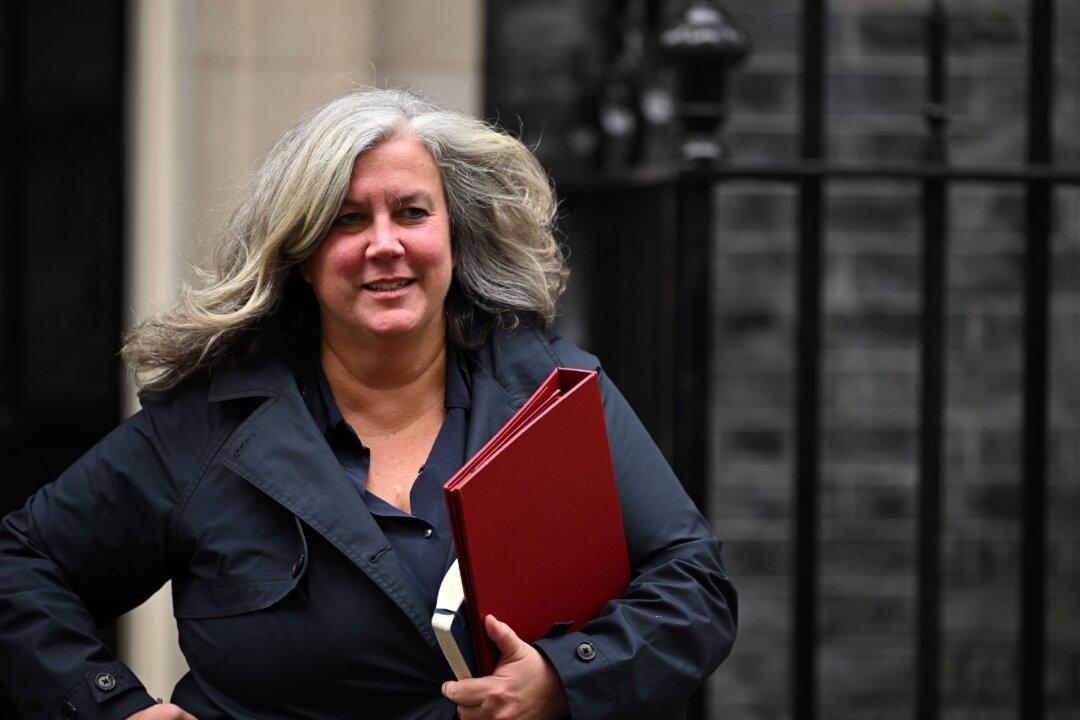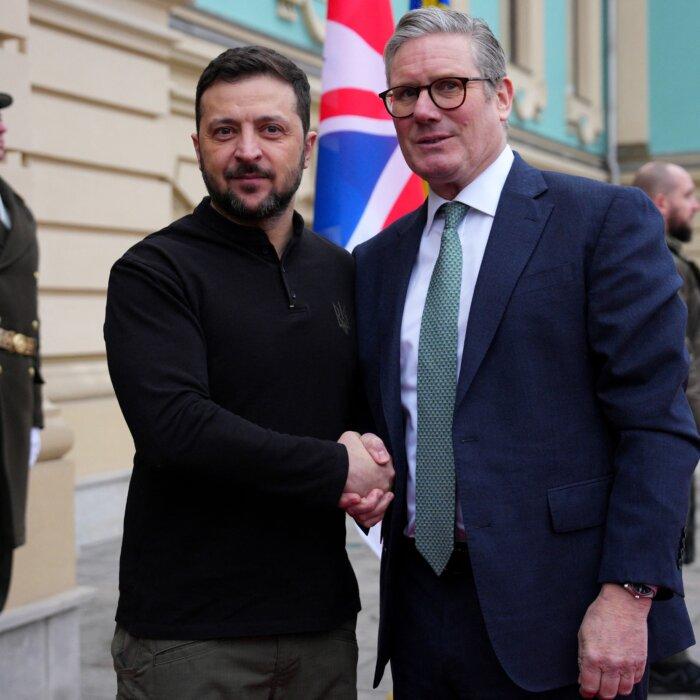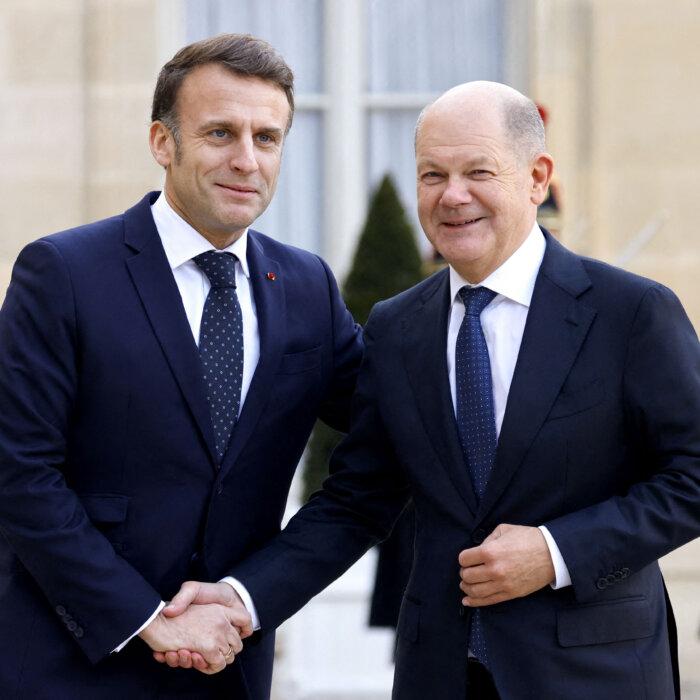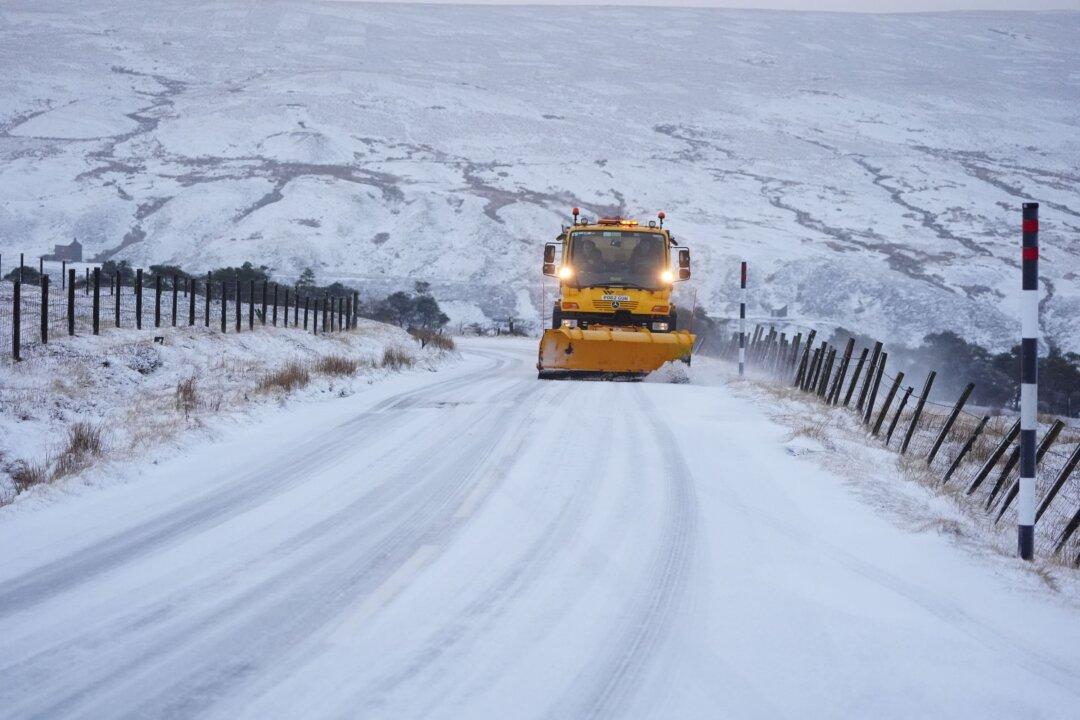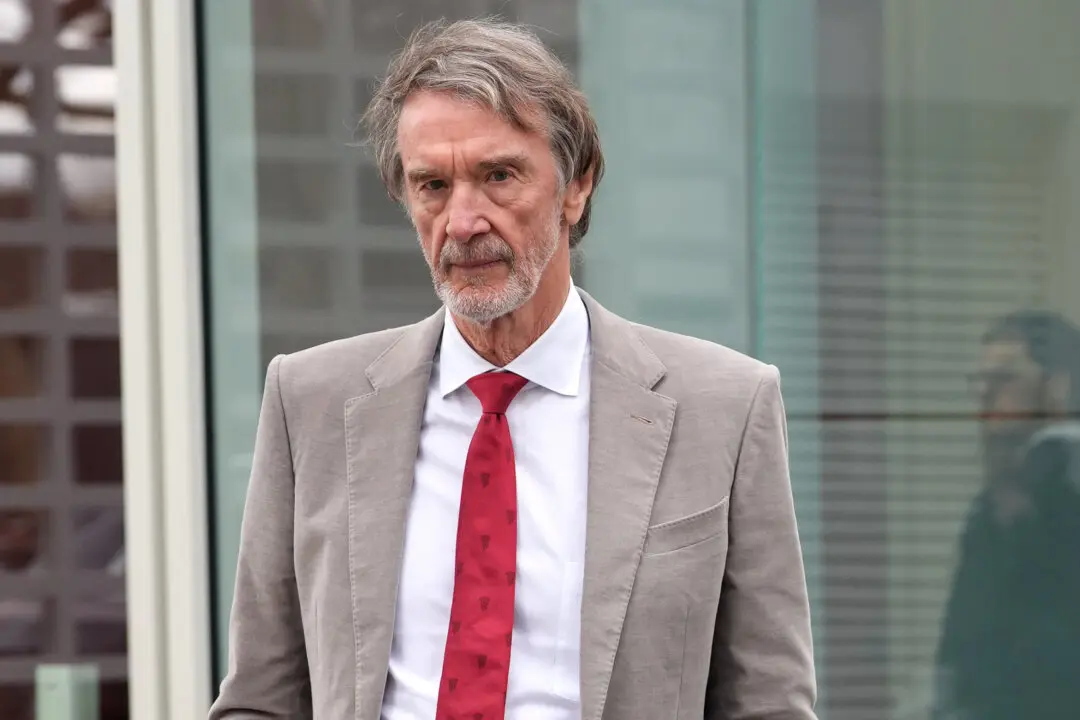MPs are likely to get a vote before any deployment of British troops to Ukraine, a Cabinet minister has said as talks between the United States and Russia begin in Riyadh.
Heidi Alexander, the transport secretary, told Times Radio on Tuesday morning it would be “normal, if circumstances allow, for Parliament to be consulted” on military action, but added, “I do think we are some way away from this at the moment.”
She also urged U.S. President Donald Trump to learn lessons from the withdrawal from Afghanistan and not exclude Ukraine from peace talks.
She told ITV’s “Good Morning Britain”: “It is vital that we don’t make the same mistakes as we did in Afghanistan, where the U.S. spoke directly to the Taliban, not involving the Afghan government.
“I’m sure President Trump wouldn’t want to repeat those mistakes again.”
Her comments come a day after Prime Minister Sir Keir Starmer indicated he would be willing to commit UK troops to a potential peacekeeping mission in Ukraine as European leaders gathered for an emergency summit on the future security of the continent.
However, others at the meeting, including German Chancellor Olaf Scholz, resisted discussion of using a European force to monitor any cease-fire.
Speculation about a European peacekeeping force comes as U.S. and Russian officials meet in Saudi Arabia on Tuesday morning for talks on ending the war in Ukraine.
Ukrainian officials have not been invited to the meeting in Riyadh between delegations led by U.S. Secretary of State Marco Rubio and Russian foreign minister Sergey Lavrov, and Ukrainian president Volodymyr Zelenskyy has said his country will not accept any deal negotiated without them.
Starmer’s suggestion of a European peacekeeping force appeared, however, to be rejected by some of those at Monday’s summit.
Scholz described talk of boots on the ground as “premature,” adding, “This is highly inappropriate, to put it bluntly, and honestly: we don’t even know what the outcome will be.”
The suggestion also prompted calls from the Liberal Democrats for a vote in the Commons, although party leader Sir Ed Davey indicated he would support such a deployment.
There is no legal requirement for a vote on military action, which is formally a royal prerogative, but since the invasion of Iraq in 2003 MPs have usually been given a say on significant deployments.
The Conservatives appeared more hesitant on the prospect of sending peacekeepers to Ukraine, with shadow defence secretary James Cartlidge telling Sky News it would be “a pretty big step.”
He said: “For that to happen, we do need to know a bit more. We want to know what the terms of engagement were and so on, what the role of the U.S. would be.”
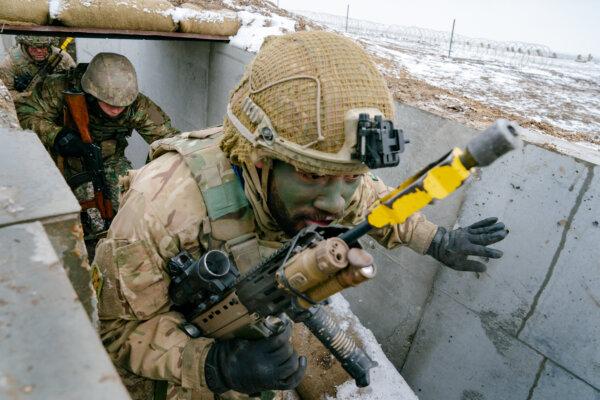
As well as indicating British support for a peacekeeping force, Starmer has also called for a U.S. “backstop” to any peace settlement, insisting it was the only way to deter Russia from attacking the country again.
Speaking after Monday evening’s summit, the prime minister said: “At stake is not just the future of Ukraine. It is an existential question for Europe as a whole, and therefore vital for Britain’s national interest.
“This is a once-in-a-generation moment for the collective security of our continent. Only a lasting peace in Ukraine that safeguards its sovereignty will deter [Russian President Vladimir] Putin from further aggression in the future.”
Starmer is expected to press his argument for U.S. security guarantees when he flies to Washington for talks with Trump next week.
